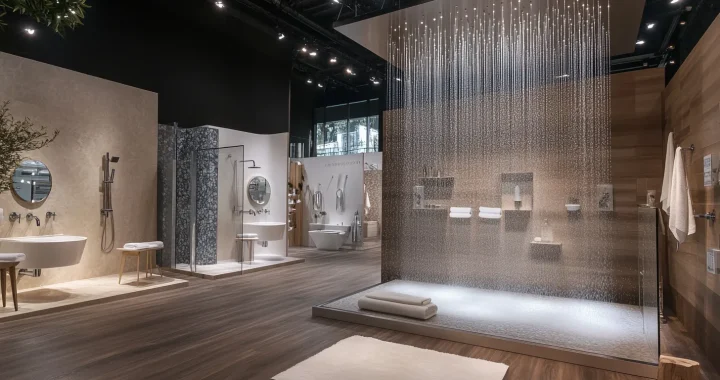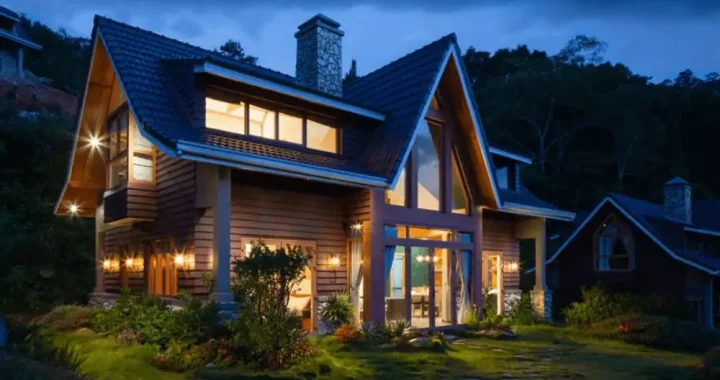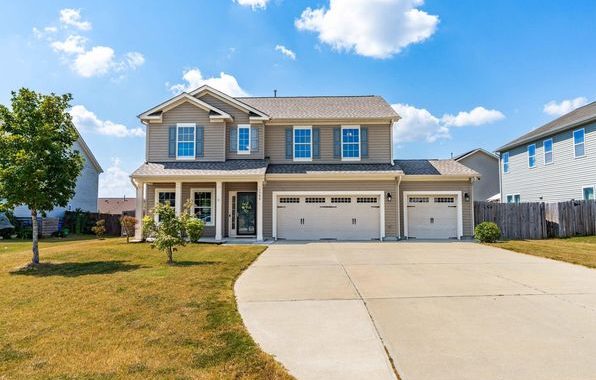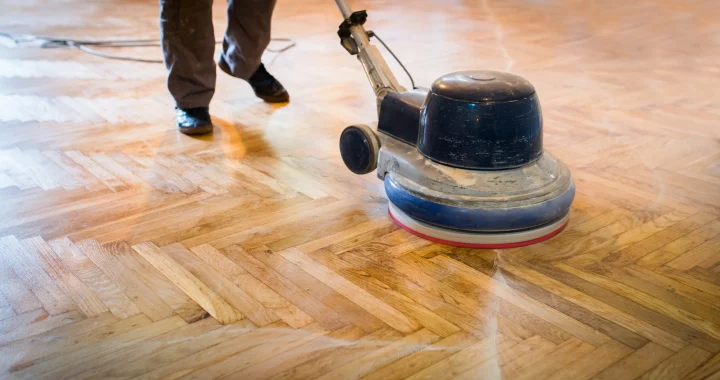Beat the Summer Heat: A Homeowner’s Guide to Residential Air Conditioning

As temperatures continue rising to record highs, having a quality air conditioning system you can rely on is essential for staying cool and comfortable in your own home. This comprehensive guide on residential air conditioning will teach you everything you need to know, from how AC units work to types of systems and professional installation. Learn tips for upgrading to an efficient new system that keeps your family happy even during extreme heat.
How Does Residential Air Conditioning Work?
When that familiar heat of summer arrives, an AC unit may seem like your home’s best friend. Understanding the basics of how residential air conditioning works allows you to make the most informed decisions on investing in the right system to meet your family’s needs. The magic behind a residential air conditioner lies in its ability to remove heat from indoor air and reject it outdoors. This process relies on the refrigeration cycle and these key components:
- Compressor—The compressor pumps refrigerant into a gas state to increase its temperature and pressure, converting it to a hot, high-pressure gas.
- Condenser – As the name suggests, the condenser condenses the gas to a high-pressure liquid by cooling it with outdoor air.
- Expansion valve – The liquid refrigerant passes through here, undergoing a pressure drop, which cools it further.
- Evaporator coil – Contained in ductwork or a wall mount, the evaporator absorbs indoor heat as the cold refrigerant evaporates into a gas.
- Blower – The blower circulates this cooled air from the evaporator throughout your home.
Additionally, after absorbing heat, the refrigerant gas returns to the compressor, repeating the cycle.
Types of Residential Air Conditioning Systems
Several types of AC systems suit the cooling needs of homes:
- Split Systems—The most popular choice is split systems, which separate the noisy compressor/condenser outdoors from the evaporator installed in interior ductwork. This allows zoning and is ideal for cooling individual rooms.
- Packaged Systems – Packaged systems Contain the evaporator, compressor, and condenser in one exterior cabinet. They provide strong whole-home cooling but take up more outdoor space.
- Ductless Mini-Split Systems – Perfect for additions, mini-split systems require no ductwork. One condenser connects to one or more discreet wall or ceiling evaporators to cool rooms individually. This is an affordable, versatile option.
Professional Residential HVAC Installation
With such complexity, attempting DIY residential HVAC installation risks safety hazards, callbacks, and premature breakdowns. It’s best left to seasoned technicians involved:
- Inspection and AC design planning
- Mounting rugged outdoor condenser unit
- Running refrigerant lines between indoor and outdoor units
- Integrating evaporator coil to existing ductwork
- Making all electrical connections
- Vacuum sealing system to remove moisture
- Adding a precise refrigerant charge
- Testing for leaks and ensuring optimal cooling
Benefits of professional installation include properly sized cooling capacity, longevity, energy efficiency, safety, and warranties.
Tips for Keeping Your Home Cool
A few simple habits can significantly boost your AC’s cooling capabilities and reduce expensive electric bills:
- Clean Filters – Dirty, clogged filters reduce airflow, sometimes up to 15%, straining your AC. Change filters each month.
- Weatherstrip Doors and Windows – Prevent cooled air from escaping through leaks. Apply caulk and weatherstripping to seal cracks.
- Close Blinds – Keep blinds shut on sunny windows to block intense heat gain.
- Use Ceiling Fans – Fans push cool air back down into living spaces without substantially increasing costs.
- Adjust Thermostat – Bump the thermostat up just a few degrees higher. Every degree lowered increases cooling bills by 8%!
- Annual Tune-Ups – Technician maintenance keeps AC operating at peak efficiency.
- Upgrade Equipment – Old failing units waste money. New Energy Star models provide superior cooling and slash bills.
Upgrade Your Home’s Comfort
Understanding how residential air conditioning works lets you make smart decisions when selecting the ideal system to keep your home cool during summer. While the initial cost of professional installation may seem high, the long-term benefits of safety, efficiency, reliability, and warranties are well worth the investment. Lastly, with some simple efficiency tweaks, you can enjoy superior comfort without the shock of sky-high electric bills. If extreme heat makes you dread summer, it may be time to upgrade your home with state-of-the-art air conditioning!


 More buyers exploring different living styles as preferences shift this year
More buyers exploring different living styles as preferences shift this year  Why Buy a Luxury Home with AC and a Garage in Palm Beach?
Why Buy a Luxury Home with AC and a Garage in Palm Beach?  How to Upgrade Your Bathroom with a New Vanity
How to Upgrade Your Bathroom with a New Vanity  ok.com: The Ultimate Hub for Recruitment, Real Estate, Automotive, and Lifestyle Solutions
ok.com: The Ultimate Hub for Recruitment, Real Estate, Automotive, and Lifestyle Solutions  Should First-Time Buyers Consider Homes with Pool in Fuquay-Varina?
Should First-Time Buyers Consider Homes with Pool in Fuquay-Varina?  Best Tips for Moving in Kanata Without Breaking the Budget
Best Tips for Moving in Kanata Without Breaking the Budget  Auckland’s Top Hardwood Floor Sanding & Varnishing Experts
Auckland’s Top Hardwood Floor Sanding & Varnishing Experts